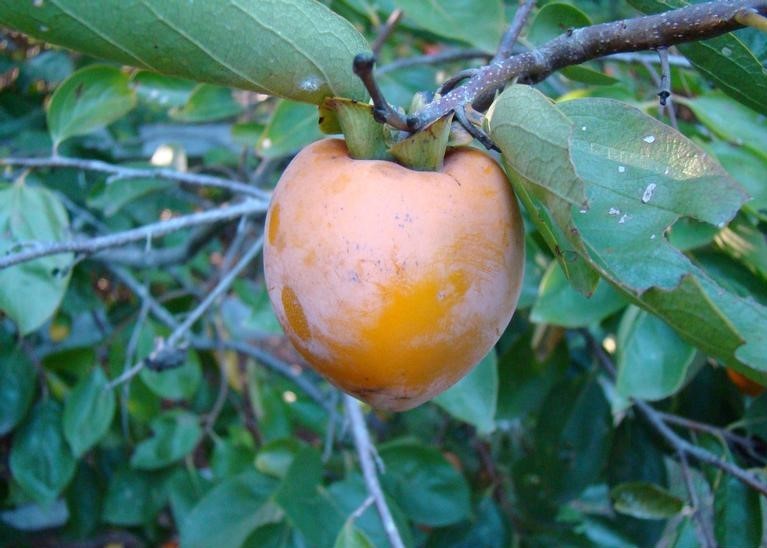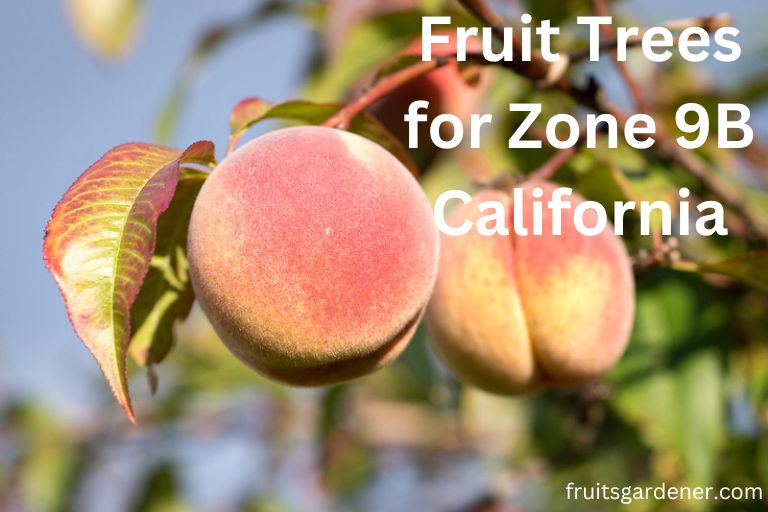I think you are one of those who live in zone 9B but don’t clearly know what fruit trees grow well in zone 9B. Well, this is not a big problem. I can help you to know more details about the fruit trees that grow well in zone 9B. Even this article has been only written on this topic.
In general, fruit trees that grow well in zone 9B include citrus trees, fig trees, pomegranate trees, and quince trees. This area is characterized by warm temperatures and long growing seasons, which these types of fruit trees require. Citrus trees need full sun and well-drained soil to produce healthy fruit.
Fig trees also need full sun but can tolerate a wider range of soil types. Pomegranate trees prefer full sun but can also tolerate partial shade. Quince trees need full sun but can withstand colder temperatures than other fruit trees in this zone.
If you’re lucky enough to live in zone 9B, you have a wide variety of fruit trees to choose from. Just about any citrus tree will do well here, as well as mango, avocado, papaya, and guava. If you’re looking for something a little more unusual, try an abiu or canistel tree – both of these fruits are native to Central and South America and can tolerate the warm climate of zone 9B.
10 Fruit Trees That Grow Well for Zone 9B California
If you’re lucky enough to live in California’s Zone 9b, you have a wide variety of fruit trees to choose from. Here are just a few of the many options available:
– Apricot Trees
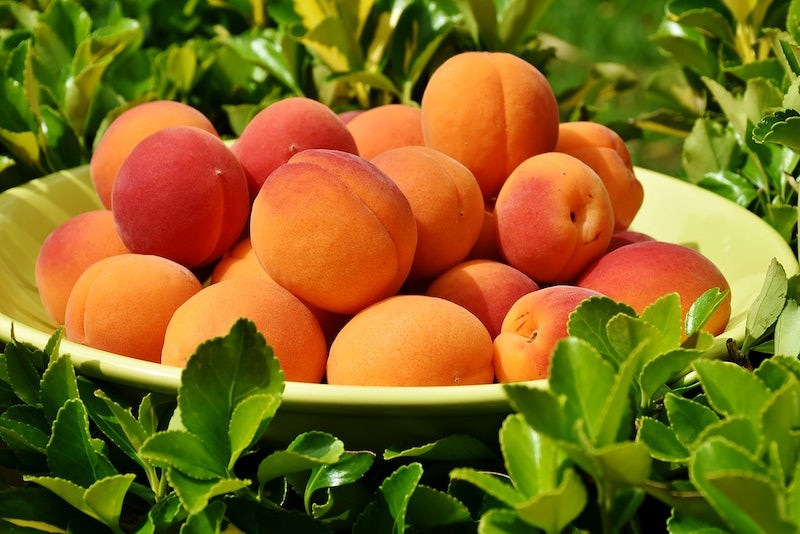
Apricot trees are a great option for those looking for a tart and tangy fruit. They typically ripen in late spring or early summer.
– Cherry Trees

Cherry trees are perfect for adding some sweetness to your yard. They usually ripen in late spring or early summer as well.
– Fig Trees

Fig trees are an excellent choice for those who want sweet and juicy fruit. Figs typically ripen in late summer or early fall.
– Nectarine Trees
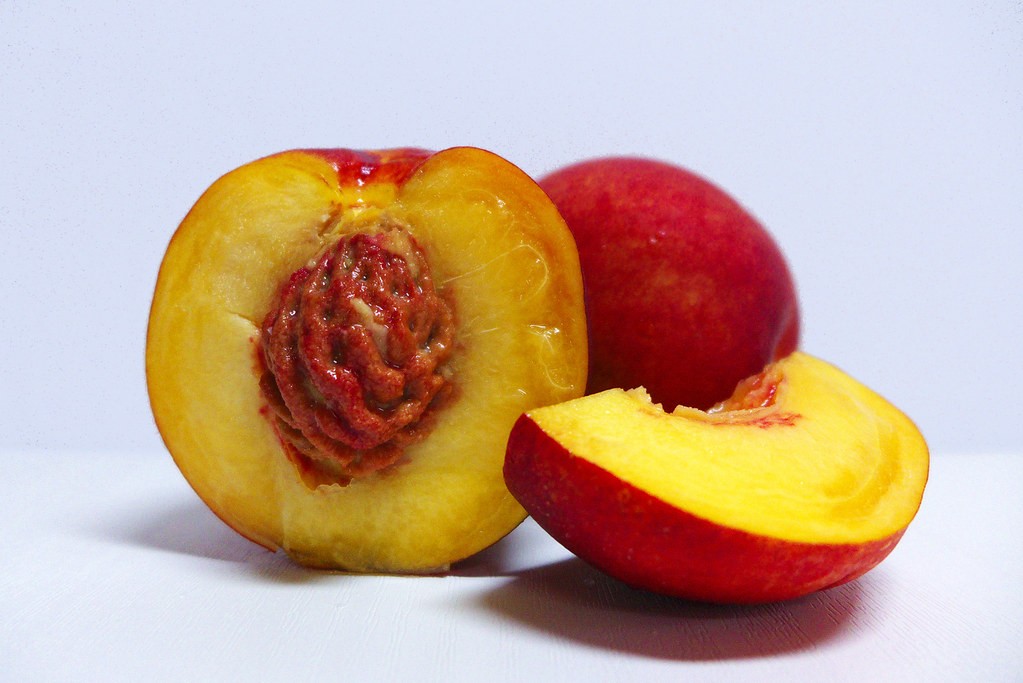
Nectarine trees offer up sweet and succulent fruits that are perfect for snacking on. Nectarines typically ripen in mid to late summer.
– Peach Trees
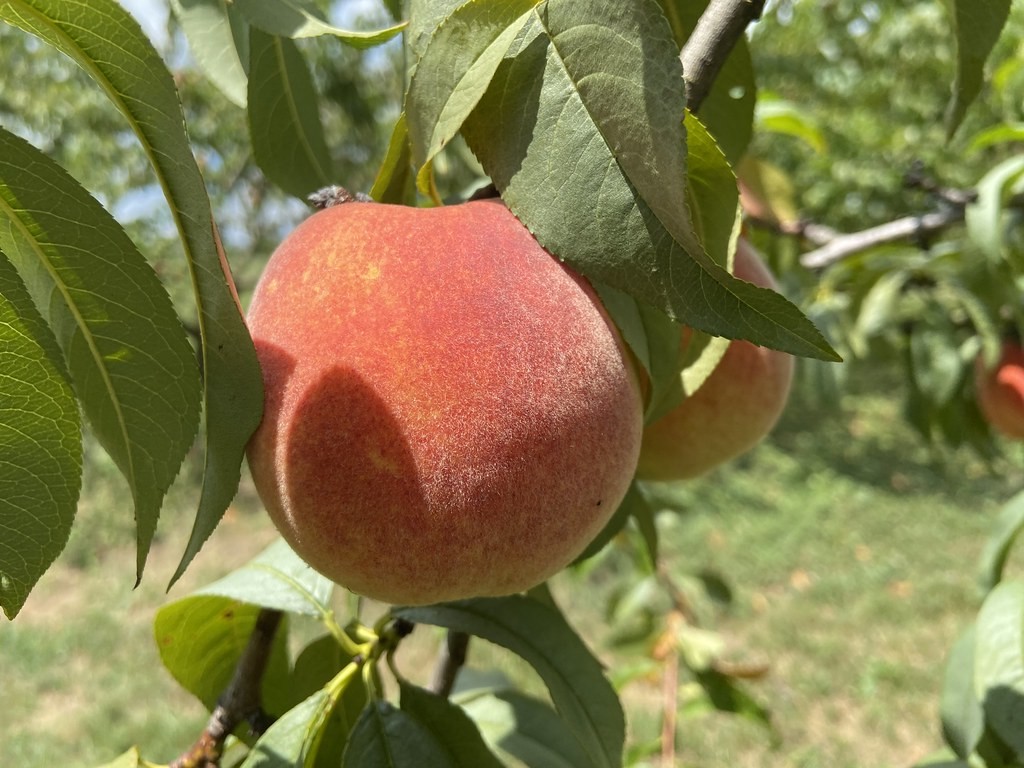
Peach trees produce wonderfully fragrant and delicious fruits that taste like summertime itself! Peaches typically ripen in mid to late summer as well.
– Citrus Tree

Citrus trees such as oranges, lemons, lime, grapefruits, and tangerines are not typically found in zone 9b. This is because they require a lot of heat and sunlight to produce fruit, and the winters in Zone 9b are too cold for them to thrive.
If you live in this zone and want to grow a citrus tree, you will need to provide it with some extra protection from the cold, such as by growing it in a greenhouse or placing it against a south-facing wall.
– Persimmon Trees
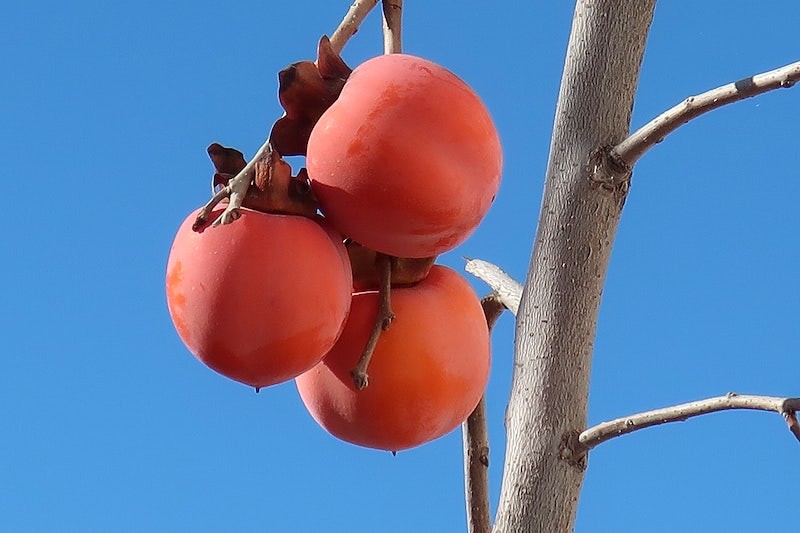
Persimmon trees are well-suited for Zone 9B. Both astringent and non-astringent varieties can thrive in this climate. Consider ‘Fuyu’ (non-astringent) and ‘Hachiya’ (astringent) as popular choices.
– Pomegranate Trees
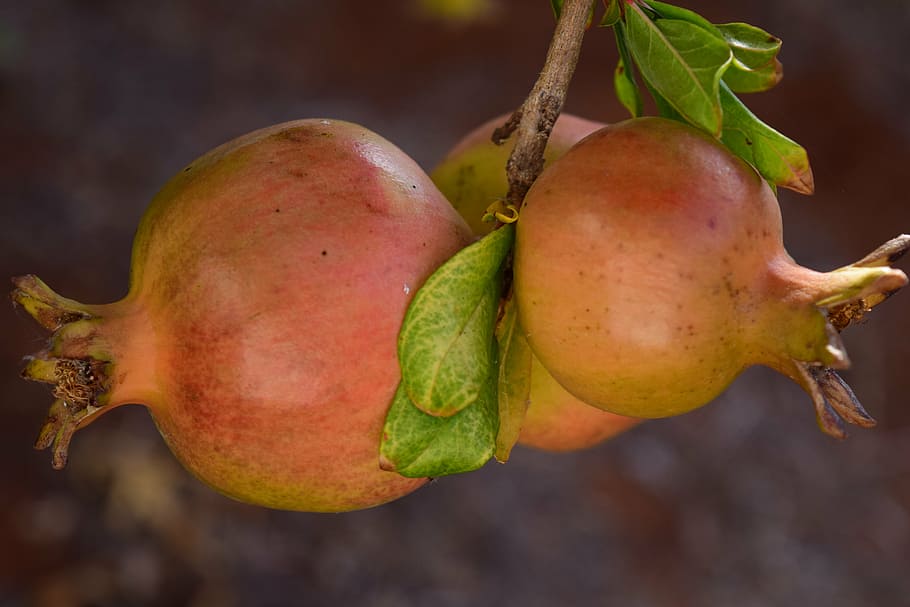
Pomegranate trees can handle the heat and are well-suited for Zone 9B. Look for varieties such as ‘Wonderful,’ ‘Eversweet,’ and ‘Ambrosia.’
– Olive Trees:
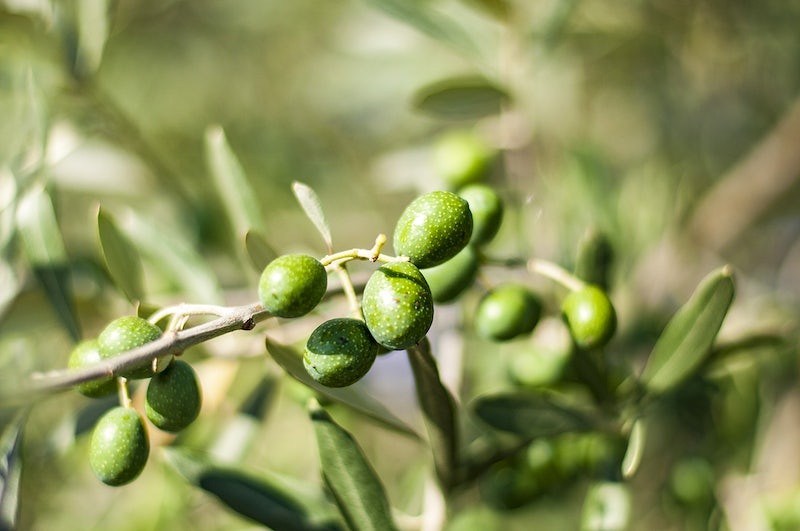
Olive trees are highly resilient and thrive in Mediterranean climates, making them suitable for Zone 9B. Varieties like ‘Mission,’ ‘Manzanillo,’ ‘Arbequina,’ and ‘Koroneiki’ are commonly grown in this zone.
– Avocado Trees:
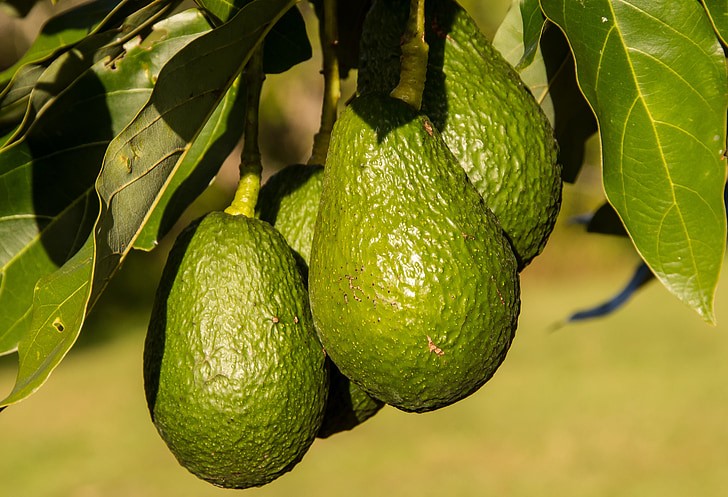
Avocado trees thrive in the warm climate of Zone 9B. Look for varieties such as ‘Hass,’ ‘Fuerte,’ ‘Bacon,’ and ‘Reed,’ which are well-suited for this zone.
Read Also –
- 10 Best Evergreen Fruit Trees Zone 9 You Can Plant
- 8 Most Delicious Evergreen Fruit Trees California
- Ideal Growing Fruit Trees in Zone 9B
What To Consider Before Choosing and Planting Fruit Tree in Zone 9b
Here are some things to consider before choosing and planting a fruit tree in zone 9b:
Space: Fruit trees can grow quite large, so it is important to choose a variety that will fit in the space you have available. Consider the mature height and spread of the tree when making your selection.
Chill hours: Some fruit trees require a certain number of chill hours (hours below 45 degrees Fahrenheit) in order to produce fruit. If you live in a warm climate, such as zone 9b, you will need to choose a variety that has low chill hour requirements.
Sun exposure: Most fruit trees need full sun to produce their best yields. However, some varieties, such as citrus trees, can tolerate some shade.
Soil type: Fruit trees prefer well-drained soil that is rich in organic matter. If your soil is poor, you can improve it by adding compost or manure.
Watering: Fruit trees need regular watering, especially during the first year after planting. Be sure to water your tree deeply and less frequently, rather than watering it lightly and often.
Fertilizing: Fruit trees need fertilizer to produce their best yields. Fertilize your tree according to the instructions on the fertilizer label.
Tips for choosing and planting a fruit tree in zone 9b:
- Choose a variety that is suited to your climate zone. You can check with your local nursery or garden center to get recommendations for varieties that will do well in your area.
- Plant your tree in a sunny spot with well-drained soil. If your soil is poor, you can improve it by adding compost or manure.
- Water your tree regularly, especially during the first year after planting. Be sure to water your tree deeply and less frequently, rather than watering it lightly and often.
- Fertilize your tree according to the instructions on the fertilizer label.
- Mulch around your tree to help retain moisture and suppress weeds.
- Prune your tree regularly to maintain its shape and encourage fruit production.
With proper care, your fruit tree will provide you with years of delicious fruit.
What Fruiting Tree Would You Plant in Zone 9 and 9b
Zone 9 and 9b are both warm climates with mild winters and hot summers, making them ideal for growing a wide variety of fruiting trees. However, zone 9b is slightly warmer than zone 9, so some tropical fruits that may not thrive in zone 9 may be able to grow in zone 9b.
Here are some fruiting trees that you can plant in both zone 9 and 9b:
Citrus trees: Oranges, lemons, limes, grapefruit, mandarins, kumquats, and other citrus trees will all thrive in zones 9 and 9b.
Stone fruits: Peaches, apricots, plums, nectarines, and other stone fruits will also do well in zones 9 and 9b.
Pome fruits: Apples and pears can also be grown in zones 9 and 9b, although they may require more chill hours in zone 9b.
Tropical fruits: In zone 9b, you may be able to grow tropical fruits such as avocados, bananas, mangoes, and passionfruit.
Here are a few specific recommendations for fruiting trees to plant in zones 9 and 9b:
- Citrus trees: ‘Cara Cara’ orange, ‘Eureka’ lemon, ‘Meyer’ lemon, ‘Satsuma’ mandarin, ‘Persian’ lime, ‘Kishu’ kumquat
- Stone fruits: ‘Desert Gold’ peach, ‘Katy’ apricot, ‘Santa Rosa’ plum, ‘Flavortop’ nectarine
- Pome fruits: ‘Anna’ apple, ‘Shinko’ pear
- Tropical fruits: ‘Hass’ avocado, ‘Dwarf Cavendish’ banana, ‘Keitt’ mango, ‘Adagio’ passionfruit
When choosing a fruiting tree to plant, be sure to consider the following factors:
- Space: Fruit trees can grow quite large, so it is important to choose a variety that will fit in the space you have available.
- Chill hours: Some fruit trees require a certain number of chill hours (hours below 45 degrees Fahrenheit) in order to produce fruit. If you live in a warm climate, you will need to choose a variety that has low chill hour requirements.
- Sun exposure: Most fruit trees need full sun to produce their best yields. However, some varieties, such as citrus trees, can tolerate some shade.
- Soil type: Fruit trees prefer well-drained soil that is rich in organic matter.
Once you have chosen a fruiting tree, be sure to plant it in a sunny spot with well-drained soil. Water your tree regularly, especially during the first year after planting. Fertilize your tree according to the instructions on the fertilizer label.
With proper care, your fruiting tree will provide you with years of delicious fruit.
Can Mango Trees Grow in Zone 9B
Mangoes are a delicious and popular fruit, often enjoyed in tropical countries. But did you know that mango trees can actually grow in Zone 9B? That’s right – with the right care, mango trees can thrive in warmer climates.
If you’re thinking of growing a mango tree in your yard, here are some things to keep in mind. First, it’s important to choose a variety of mango that is suited to your climate. Some varieties require more heat than others, so be sure to do your research before planting.
Once you’ve selected a variety, make sure to plant your tree in an area that gets plenty of sunlight. Mangoes need at least six hours of direct sunlight each day to produce fruit. They also prefer well-draining soil, so be sure to amend your soil accordingly if necessary.
Watering is also key – during the hotter months, mango trees will need to be watered deeply and regularly (about once per week). During the cooler months, water needs can be reduced somewhat. Be sure not to over or underwater your tree – both can lead to problems down the road.
Do Peach Trees Do Well in Zone 9?
If you’re lucky enough to live in Zone 9, you can grow just about any fruit tree you like. Peaches are a popular choice and with good reason. They’re easy to grow and produce an abundance of delicious fruit.
The key to growing great peaches is to choose a variety that is suited to your climate. In general, the best varieties for Zone 9 are those that ripen early or late in the season. That way, you can avoid the hottest summer temperatures and still enjoy freshly picked peaches all summer long.
Some of our favorite varieties for Zone 9 include Early Star, Late Star, Red Haven, and Elberta. All of these varieties are available from Mail Order Nursery (link below). Just be sure to order early so you can get your trees in the ground before spring arrives.
With proper care, your peach trees will thrive and provide you with years of enjoyment. Be sure to water them regularly during the growing season and fertilize them twice a year – once in spring and again in fall. And don’t forget to protect them from pests and diseases. A little effort now will pay off handsomely come harvest time.
Dwarf Fruit Trees That Are Perfect For Zone 9B
If you’re lucky enough to live in a warm climate where citrus trees can be grown outdoors year-round, you may be wondering if dwarf fruit trees are also suitable for your garden. The answer is yes! Dwarf fruit trees are perfect for small gardens, patios, or decks.
They’re also excellent choices for people who want to enjoy fresh fruits without all the work of growing full-size trees. There are many different types of dwarf fruit trees available, including citrus, stone fruits such as apricots and cherries, and even pomegranates. Most varieties will bear fruit within a few years of planting, and some will even produce multiple crops each year.
When choosing a dwarf fruit tree for your garden, it’s important to select a variety that is appropriate for your climate zone. In general, citrus trees do well in warm climates (zones 9b-11), while stone fruits like apricots and cherries prefer cooler conditions (zones 5-8). Pomegranate trees can be successfully grown in either type of climate.
Once you’ve selected the right variety of dwarf fruit trees for your garden, give it plenty of sunshine and water it regularly. With just a little care, you’ll soon be enjoying delicious homegrown fruits.
The Fruit Gardener’s Bible: A Complete Guide to Growing Fruits and Nuts in the Home Garden
[su_button url=”https://www.amazon.com/dp/1603425675?tag=saeid035-20″ target=”blank” style=”soft” background=”#0084a5″ color=”#FFFFFF” size=”8″ radius=”round”]Check Price Here[/su_button]
Tropical Fruit Tree Garden Tour Zone 9B
Frequently Asked Questions: What Fruit Trees Grow Well in Zone 9B
Q: Which fruit trees thrive in Zone 9B?
A: Citrus trees, avocado trees, fig trees, persimmon trees, and pomegranate trees are well-suited for Zone 9B.
Q: Can I grow apples in Zone 9B?
A: Growing traditional apple varieties can be challenging in Zone 9B due to low winter chilling hours. However, some low-chill apple cultivars may perform better in this zone.
Q: What are some recommended citrus trees for Zone 9B?
A: Popular citrus varieties for Zone 9B include ‘Washington Navel’ orange, ‘Eureka’ lemon, ‘Meyer’ lemon, ‘Bearss’ lime, and ‘Owari’ satsuma mandarin.
Q: Are stone fruits suitable for Zone 9B?
A: Yes, many stone fruit trees, including peaches, nectarines, apricots, and plums, can thrive in Zone 9B. Choose low-chill varieties for better success.
Q: Can I grow berries in Zone 9B?
A: While some traditional berry varieties may struggle in Zone 9B, there are low-chill or heat-tolerant berry cultivars available that can be successfully grown in this zone. Examples include certain types of raspberries and blackberries.
Q: Can I Grow Lemons in Zone 9B?
A: Yes, you can grow lemons in zone 9b. The average last frost date is February 15 and the average first frost date is November 15. Lemon trees need full sun and well-drained soil.
They are also very drought tolerant once established. When planting, make sure to dig a hole that is twice as wide as the root ball but not deeper. Amend the soil with compost or organic matter if needed.
Water thoroughly after planting and then weekly during the growing season. Fertilize monthly with an all-purpose fertilizer during the growing season.
Conclusion: What Fruit Trees Grow Well in Zone 9B
Fruit trees are a great addition to any garden, and there are many different varieties that can be grown in Zone 9B. You have already got to know about what fruit trees grow well in zone 9B. well, some of the most popular types of fruit trees for this climate include citrus trees, such as oranges and lemons, as well as figs, pomegranates, and persimmons.
Each type of fruit tree has its own unique requirements for care and maintenance, so it is important to do some research before planting. However, with proper care and attention, these fruit trees can thrive in Zone 9B and provide fresh fruits for many years to come.


